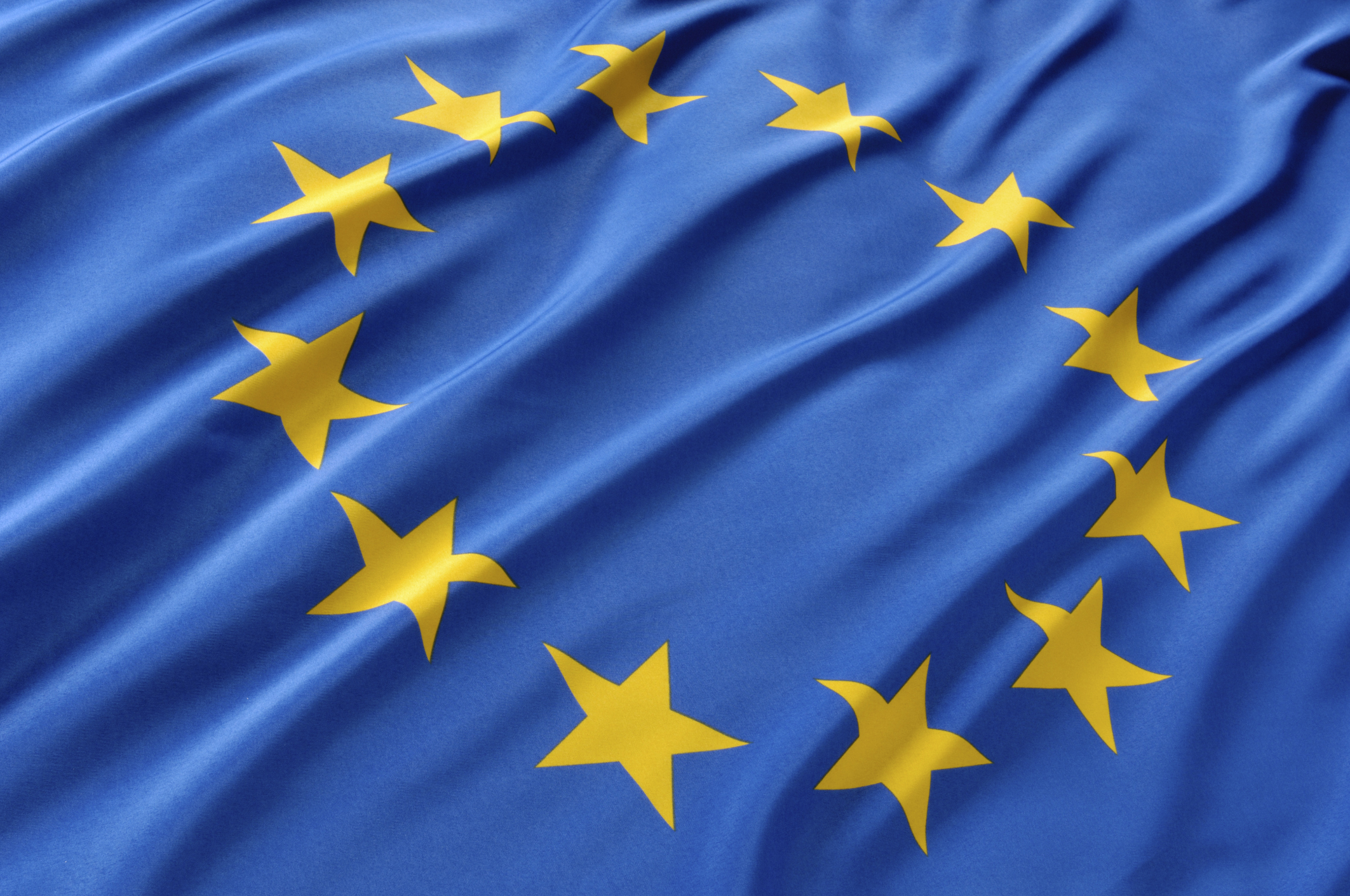The Society for Motor Manufacturers and Traders (SMMT) is urging the new government to take action in order to boost sales of electric vehicles (EVs) and help the industry achieve its climate goals. According to the latest data, new car sales have declined in the past six months, with all types of cars seeing a decrease of 7.6%. However, the industry is particularly concerned about the sluggish growth in EV sales, especially with the impending “zero mandate” regulations set to take effect.
Currently, EVs hold a significant share of the new car market at nearly 38%, and their popularity continues to rise. However, the pace of growth has slowed since the previous government pushed back the ban on the sale of new internal combustion vehicles to 2035. This decision was later reversed by the current administration, which has now set a target of 2030. Despite this, the SMMT believes that additional measures need to be taken to stimulate consumer interest.
In order to achieve this, the SMMT is calling on the government to implement several incentives for consumers. These include reducing VAT on new battery electric cars by 50% for a period of three years, which the SMMT estimates would result in an increase of 250,000 units in sales. Additionally, the SMMT is proposing exemptions for EVs from the “expensive vehicle” supplement to vehicle excise duty, which currently applies to cars priced over £40,000. The organization also suggests equalizing VAT on vehicle charging, as there is currently a discrepancy between the 5% charged for at-home charging and the 20% levied at on-street charging points.
According to SMMT chief executive Mike Hawes, these incentives are necessary as the industry struggles to meet the mandate that 22% of all new cars sold this year are electric, with the goal of reaching 80% by 2030. He stated, “The first half of this year saw a 16-17% market share for EVs, but the mandate requires every brand to reach 22% this year. Although June saw a 19% market share, we will need to make up a significant amount in the second half of the year to recover from the shortfall on the mandate.”
Mr. Hawes acknowledges the challenges facing the industry, stating, “It is tough out there. Demand levels are significantly softer, which is to be expected as we move from the early adopter phase to a mass market phase. However, we see similar struggles in Europe, the major difference being that other markets have incentives for private buyers that we do not have here in the UK.”
In addition to these incentives, Mr. Hawes also called for positive messaging from the new government, referencing previous negative rhetoric surrounding EVs. He emphasized the importance of selling these vehicles now, as they are required to meet the set mandates.
Concerns over the national charging network have also been raised as a potential barrier to EV adoption. While Mr. Hawes notes that the network is expanding, he also calls on the government to “mandate itself” to ensure that it builds capacity ahead of demand.
In regards to potential trade wars and tariffs, Mr. Hawes stated that the SMMT is not in favor of aggressive tariff regimes and believes in free and fair trade. He also noted that there have been no requests from manufacturers for a review or investigation into Chinese EVs, which currently account for around 30% of EVs sold in the UK. He added that the SMMT will monitor the impact of the recently imposed EU tariffs and that the government has no plans to introduce tariffs at this time.



